News
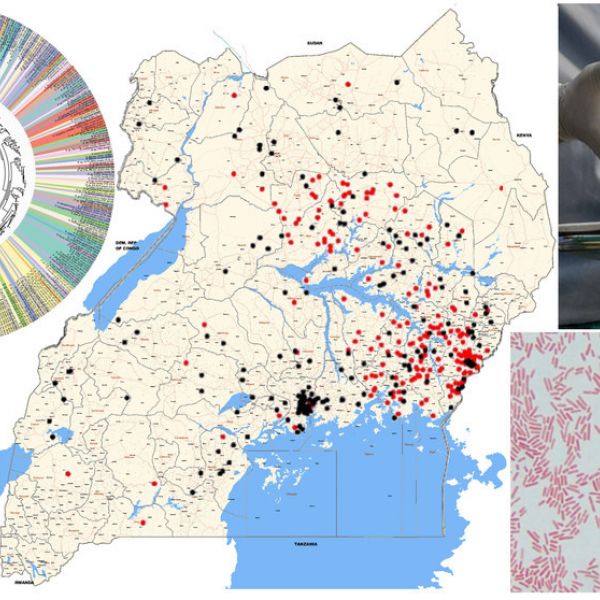
Oct 05, 2020
Bacteria virus combo may be cause of neonatal brain infections in Uganda
A newly identified bacteria and a common virus may be the underlying cause of infection-induced hydrocephalus in Uganda, according to an international team of researchers.
Full Article
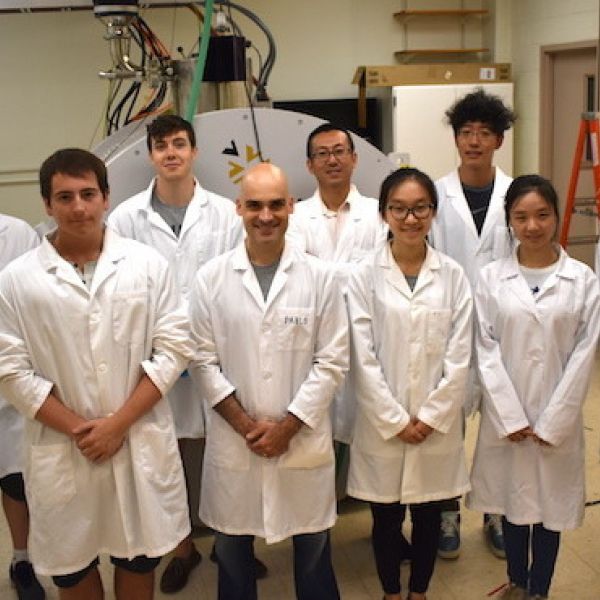
Jul 27, 2020
Researchers to examine relation of dysfunctional brain hubs to mental disorders
The National Institutes of Health has awarded Penn State researchers a $1.85 million grant to develop a new way to test if dysfunctions in certain areas of the brain lead to mental health complications and brain disorders. If successful, the research could lead to better mental health treatments.
Full Article

Jun 25, 2020
Consumers can distinguish between bitter tastes in beer -- doesn’t alter liking
Although most beer consumers can distinguish between different bitter tastes in beer, this does not appear to influence which beer they like. It seems they just like beer, regardless of the source of the bitterness.
Full Article
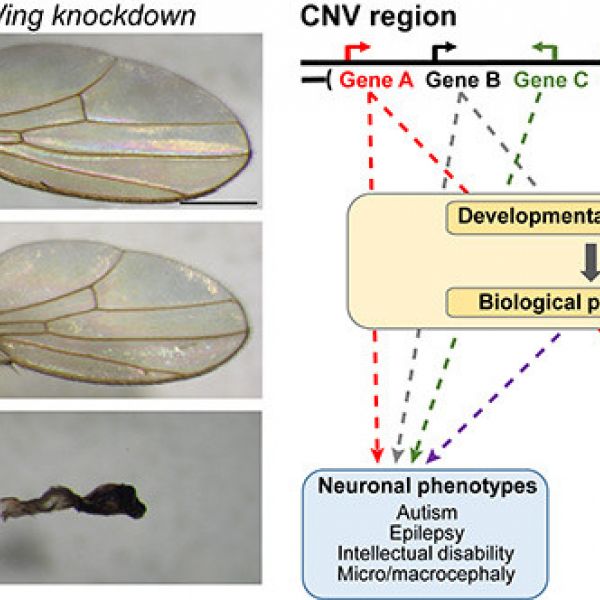
Jun 25, 2020
Genes affecting brains and brawn?
Genes located in "copy number variants" (CNVs) — parts of chromosomes that are missing in some individuals and duplicated in others — that are associated with neurodevelopmental disorders affect more than just brain development, according to new research..
Full Article

Dec 18, 2019
LiveB1G: Infectious Disease Forecasting
As part of its LiveB1G series, the Big Ten Network has featured Penn State professor Steven Schiff, who leads an interdisciplinary team that applies weather forecast modeling to forecast infection risk in infants, providing the opportunity to diagnose diseases in children that cannot be diagnosed with existing technology.
Full Article
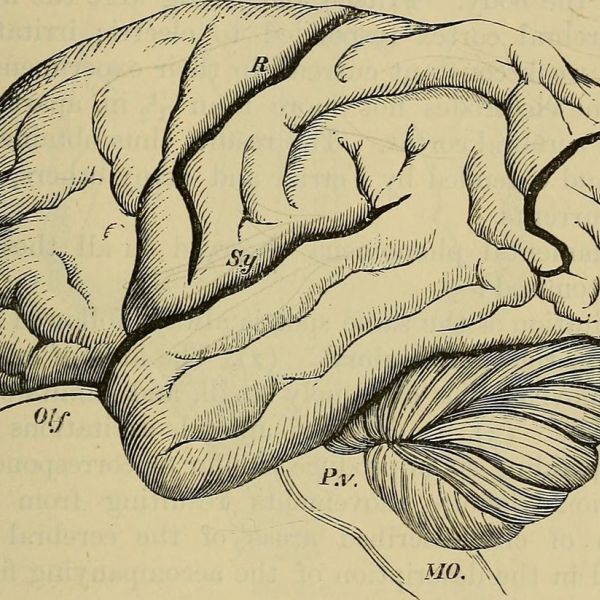
Dec 05, 2019
Respiration key to increase oxygen in the brain
Contrary to accepted knowledge, blood can bring more oxygen to mice brains when they exercise because the increased respiration packs more oxygen into the hemoglobin, according to an international team of researchers who believe that this holds true for all mammals.
Full Article

Nov 20, 2019
College students may get health benefits from less than one extra hour of sleep
College life can be rigorous and exhausting, but new research suggests that just one extra hour of sleep a night is not only possible, but can also have significant health benefits for college students.
Full Article

Sep 24, 2019
Patrick Drew named associate director of Penn State’s Neuroscience Institute
Drew succeeds David Vandenbergh in an important role promoting Neuroscience research and education at University Park.
Full Article

Sep 23, 2019
Sleep deprivation may lead to slower metabolism, weight gain
Restricting sleep for just several days alters how we metabolize fats and changes how satisfied we are by a meal, according to new research conducted at Penn State and published in the Journal of Lipid Research.
Full Article
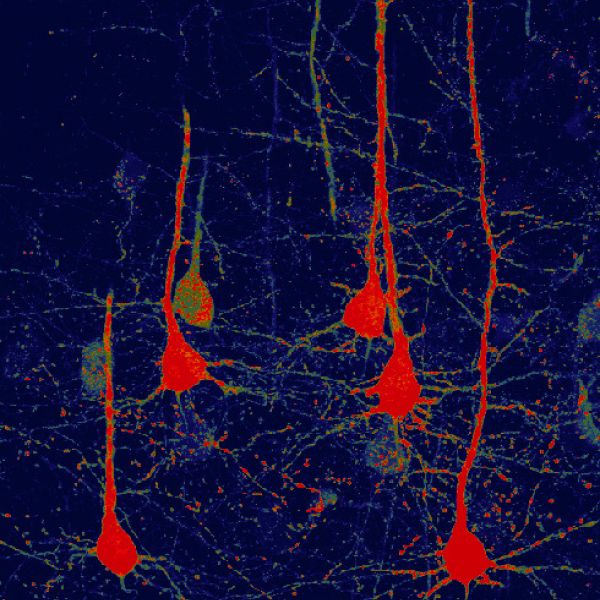
Sep 12, 2019
Gene therapy helps functional recovery after stroke
A new gene therapy turns glial cells—abundant support cells in the brain—into neurons, repairing damage that results from stroke and significantly improving motor function in mice.
Full Article